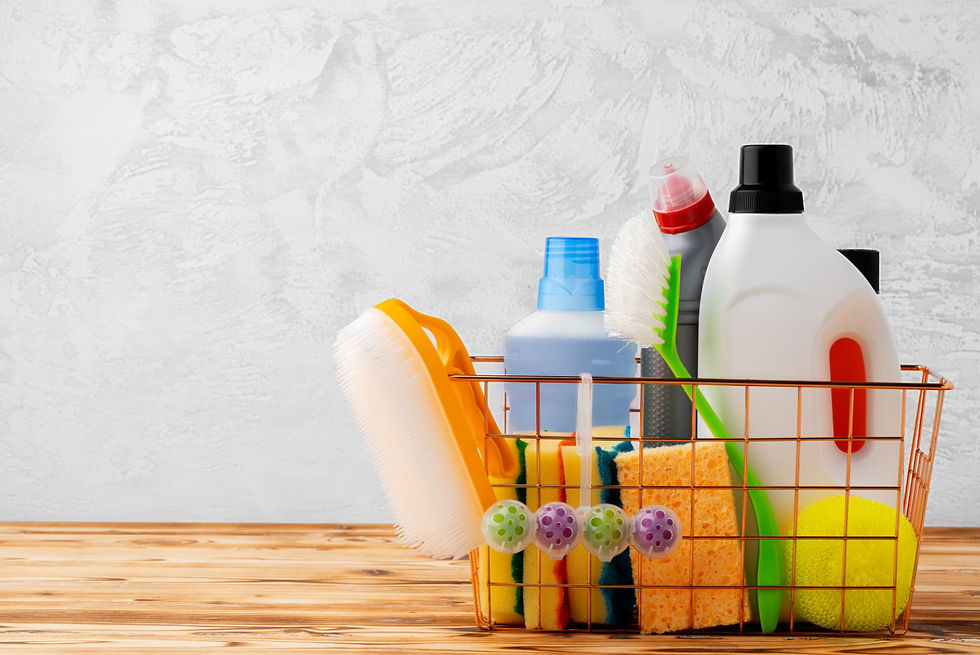Lets Talk Health Q & A
- scarver5
- Jun 1, 2023
- 2 min read
Have a question you forgot to discuss at the doctor’s office or are too embarrassed to ask? The experts at Samaritan Health Services are here to help. June / July

Q: My daughter is getting close to her teen years which makes me wonder: what is the best age for her to begin seeing an OB/GYN?
A: An OB/GYN is a physician who specializes in obstetrics and gynecology, covering all facets of reproductive health. Regular OB/GYN care is important throughout all stages of life so that disease and other health-related issues can be detected early.
The American College of Obstetrics & Gynecology recommends seeing a health practitioner around the time of one’s first menstrual period, which is typically between the ages of 13 and 15. After the age of 21, they should see an OB/GYN regularly for an annual exam.
The first appointment with a gynecologist can be scary so that first visit often is about establishing trust, creating safety and reinforcing to the patient that they are in control of what happens to their bodies. During the first appointment, doctors talk with patients about their personal and family health history, menstrual cycle, diet, exercise and sexual activity.
For adolescents, a pelvic exam is typically performed only if a patient is having problems, such as heavy periods, pelvic pain or vaginal discharge — and with the patient’s consent and complete understanding of what to expect.
— Carrie Durkee, RN, BSN – Manager, Women’s Center, Samaritan Albany General Hospital

Q: I keep household chemicals safely away from my busy toddler. Are there other common products that could be hazardous to her?
A: Unintentional poisonings of children under the age of 5 continues to decline significantly in our country, thanks in great part to the use of child safety packaging on consumer products. Even so, an average of 31 children will die each year.
Recent statistics from the national Poison Control Center show that 11.8% of poison exposure for youngsters comes from cosmetics and personal care items like fluoride toothpaste, hand sanitizer or lotion.
Household cleaning products were a close second with 11.3% of cases, and accidental overdose of pain medication like acetaminophen accounted for 7.6% of cases. Be cautious with all medications and supplements, including marijuana edibles. Alcoholic beverages, coin-size button batteries, pesticides and even plants can pose a danger to curious children.
Although the rates of poisoning exposure for children are disproportionately high compared to the rest of the population, extreme injury or death is rare. If your child has been exposed to a poison, call the Poison Control Hotline at 800-222-1222. Always call 911 immediately if someone is unconscious or not breathing.
For more information, visit poison.org or ohsu.edu/poison.
— Kim Fletcher, RN – Trauma nurse coordinator, Samaritan Albany General Hospital
Brought to you by:

Call Samaritan Health Services Find a Doctor line at 800-863-5241 to find a provider who is right for you.



Comments